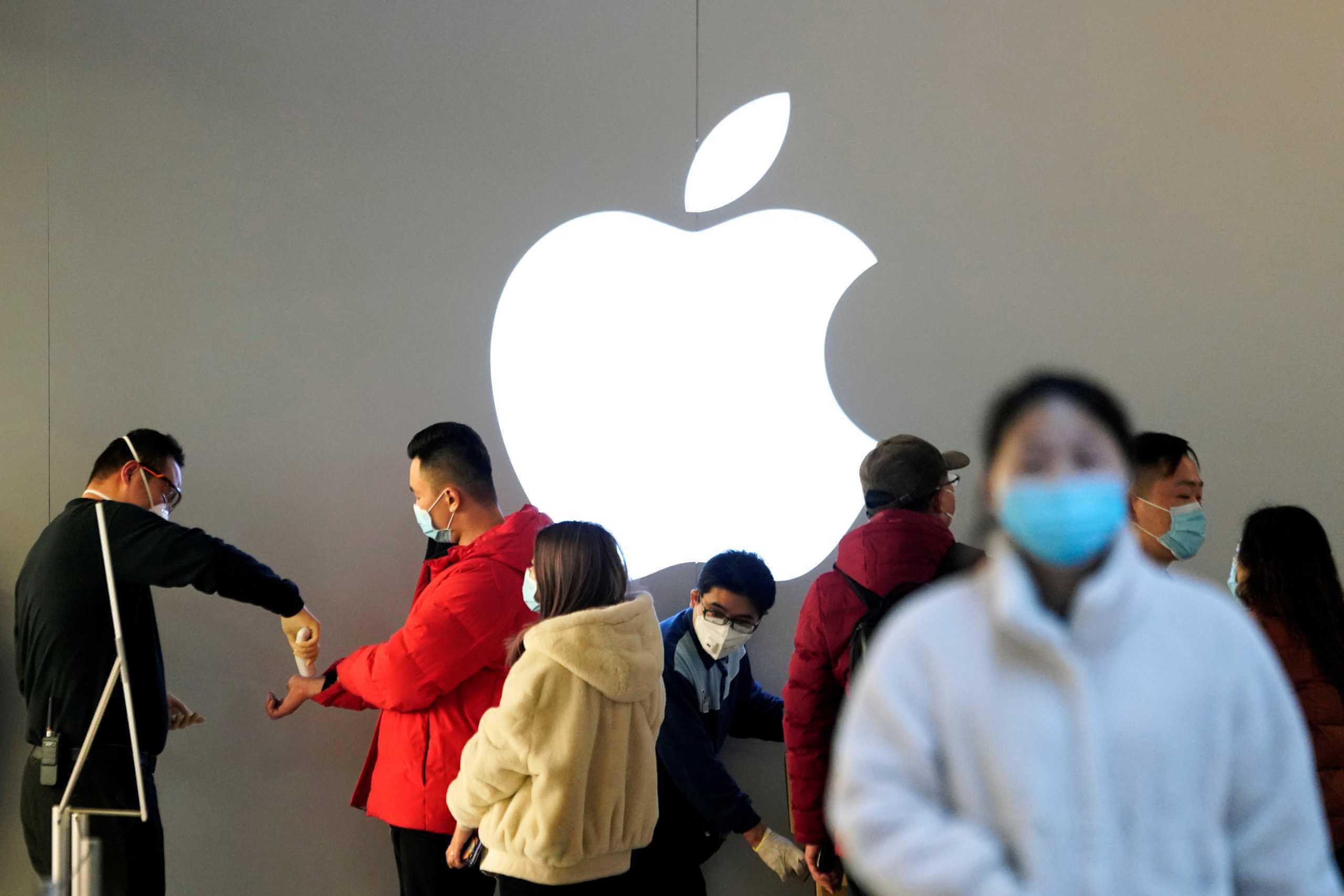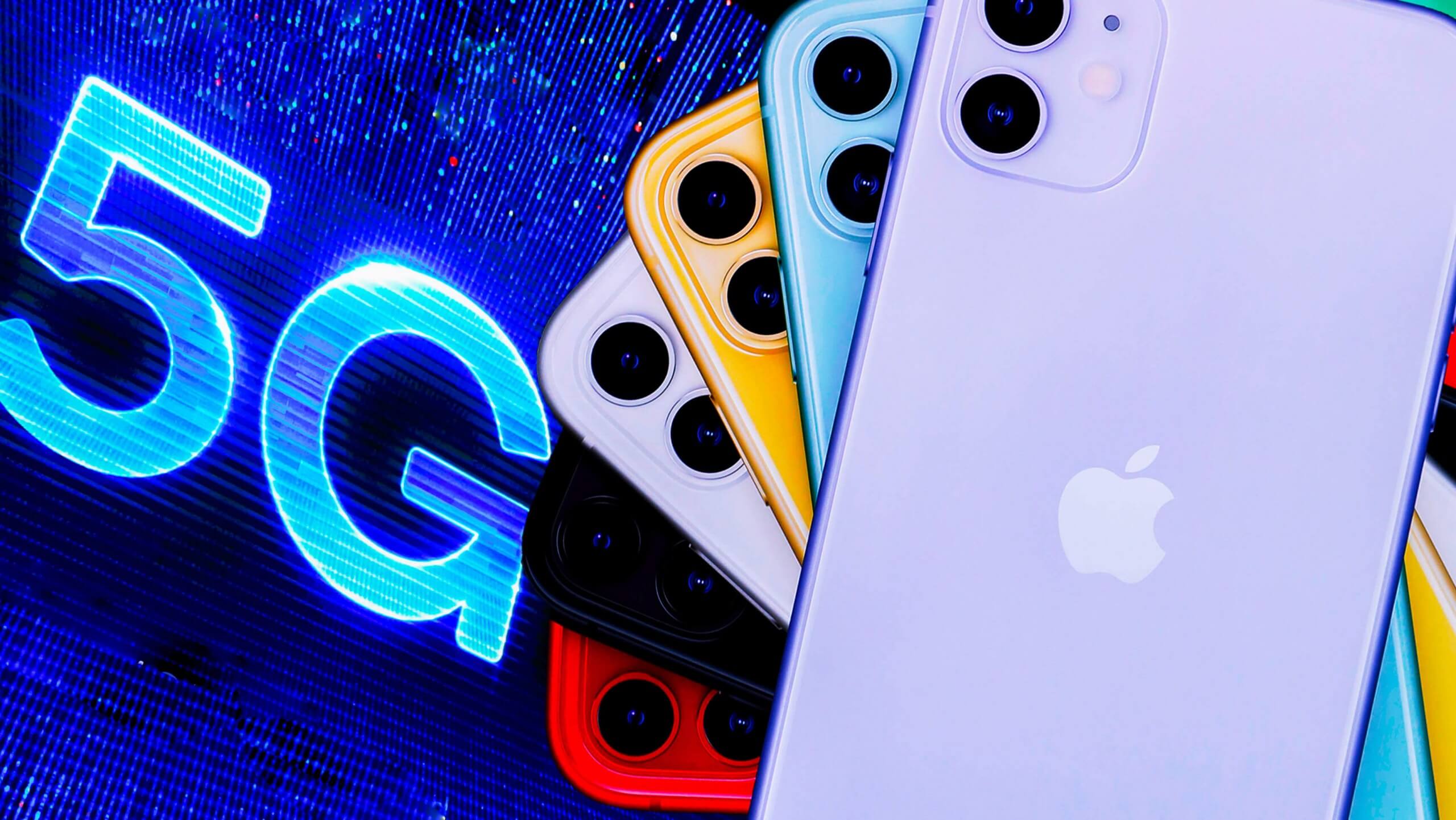In context: As countries worldwide are shutting down their economies in an effort to stop the spread of the Coronavirus and prevent medical systems from failing, Apple is faced with a situation where people are less worried about owning the latest iPhone and the supply chain is struggling to return to normal operation, so the iPhone 12 may just arrive later than planned.
It was only a week ago that industry insiders were still confident about Apple's ability to deliver the next iPhone in the September timeframe. The thinking was that since factories and component suppliers are expected to reach full production capacity in May, the company could work around the smaller time window to ship the new devices just in time for the planned launch date.
According to a new report from Nikkei, the equation has changed enough in the global climate to make Apple reevaluate if keeping the September launch window is a smart thing after all.
The company is said to be discussing the current slowdown in shipments from component suppliers, which means that mass production wouldn't go as fast as originally planned. Then there's the issue of lower demand for smartphones in general as a direct effect of people trying to make ends meet due to lost income thanks to the Coronavirus.
Apple will continue to monitor the situation and decide if a delay of the iPhone 12 is in order. Another issue is that the new devices are still going through the final stages of the engineering process, with very little progress over the last month. Hands-on work with the prototypes is currently out of question due to travel restrictions, as Apple's engineers can't be sent to factories in China.

Suppliers have also been notified to defer their schedules for two to three months, which means that mass production would start in August as opposed to June, which has been the norm for the last few years.
JPMorgan analysts have similarly predicted that "given multiple bottlenecks in EVT (engineering verification test, now scheduled in mid-April) and PVT (production verification test) and pilot production (now scheduled for late June) due to recent travel restrictions imposed globally, we believe that a 1-2 month delay in iPhone launch could indeed happen."
The extent of the Covid-19 aftermath is slowly coming into focus, with production of iPhones grinding to a halt in India after the government ordered a complete lockdown for 21 days for over 1.3 billion people. Before the Coronavirus became a worldwide issue, Big Tech was dreaming of using this region as a large production hub that would shield them from political trade wars, but that is no longer their biggest concern.
Apple is expected to make the decision sometime around May, but all signs point towards at least a couple of months of delay. It's also possible that the launch date could slip into 2021, which would allow carriers more time to deploy 5G infrastructure.
